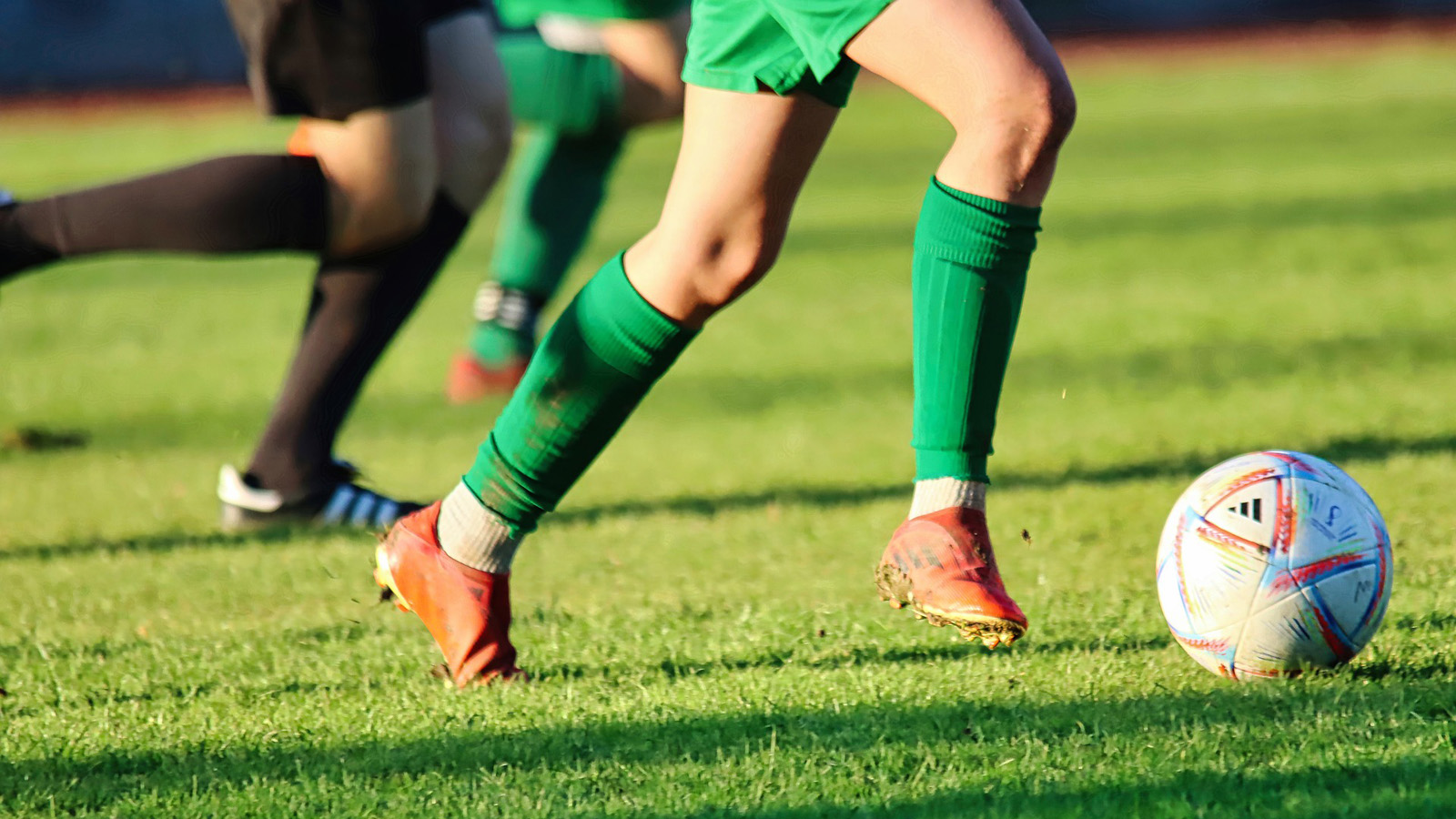
Pace describes a player’s speed, agility, and quickness when running and moving on the field. Pace is a crucial attribute for both attacking and defending players, and it can make a big impact in a team’s overall performance.
A player with good pace can easily beat defenders, make runs behind the defensive line, and quickly switch from defense to attack, making them an asset to any team.
Here are some tips to follow in order to improve your pace in football:
Perform Sprint Training
To improve your pace, you need to train your body to run faster. Incorporate sprint training into your routine, focusing on short, intense bursts of speed. Start with shorter sprints and gradually increase the distance and duration over time. Rest between sprints to give your body time to fully recover.
Work on your Technique
Proper running technique is essential for maximizing your pace. Focus on landing on the balls of your feet, maintaining an upright posture, and driving your arms forward and back. Practice running drills, such as high knees, butt kicks, and skips, to improve your technique and build your leg muscles.
Build your Strength
Building your strength is essential for improving your pace. Focus on exercises that target your lower body, such as squats, lunges, and leg press. Strengthening your core and upper body can also help you maintain good posture and drive your arms forward and back, which can improve your overall speed.
Improve your Flexibility
Improving your flexibility can enhance your agility and quickness on the field. Incorporate stretching exercises, such as dynamic stretching and yoga, into your routine to increase your range of motion and prevent injury.
Get on the Ball
Practicing with a ball can help you improve your pace and control on the field. Work on dribbling drills, such as zigzagging around cones, to improve your agility and quickness with the ball.
Rest and Recovery
Rest and recovery are crucial for improving your pace. Allow your body to rest between training sessions and get enough sleep to allow your muscles to recover fully. Maintain your energy levels by staying hydrated and eating a healthy diet.
It takes time and effort to improve your football pace, but with consistent training and the right approach, you can improve your speed, agility, and quickness on the field. Incorporate these suggestions into your daily routine, stay committed, and enjoy the results.
Use our pace calculator to calculate your pace rate over time. Remember a 80+ pace rate is considered good pace.
Comments